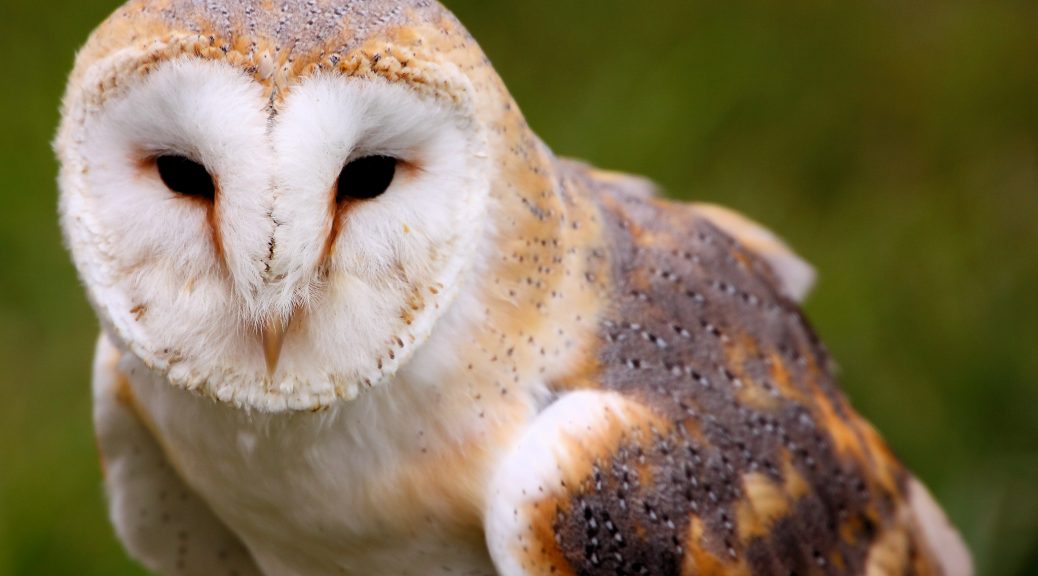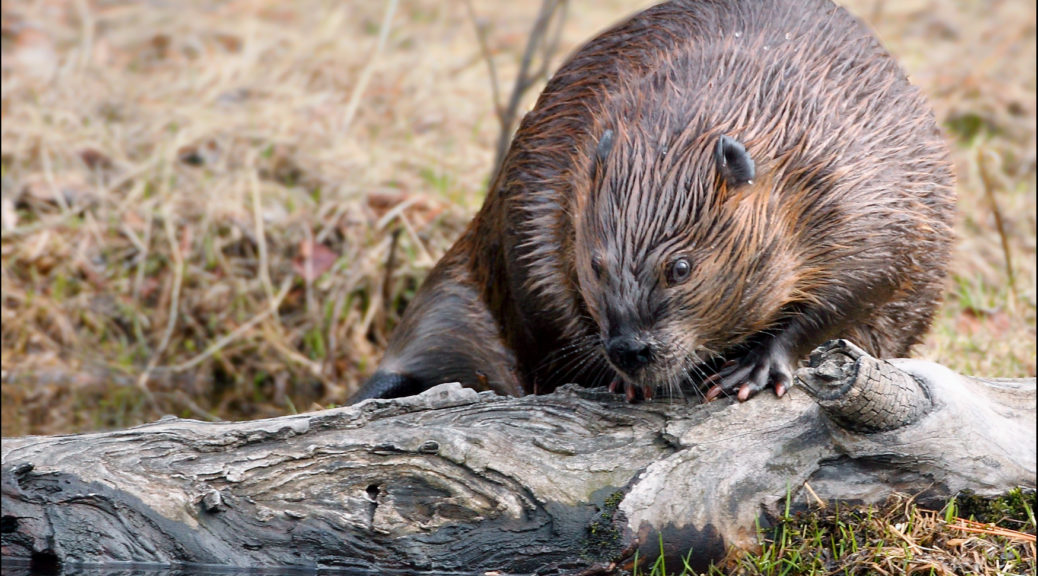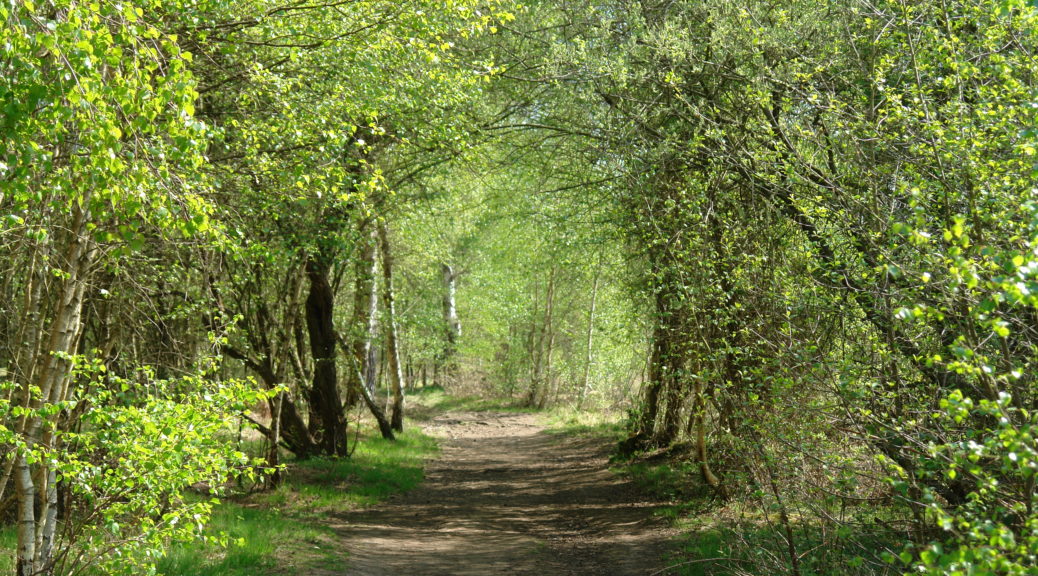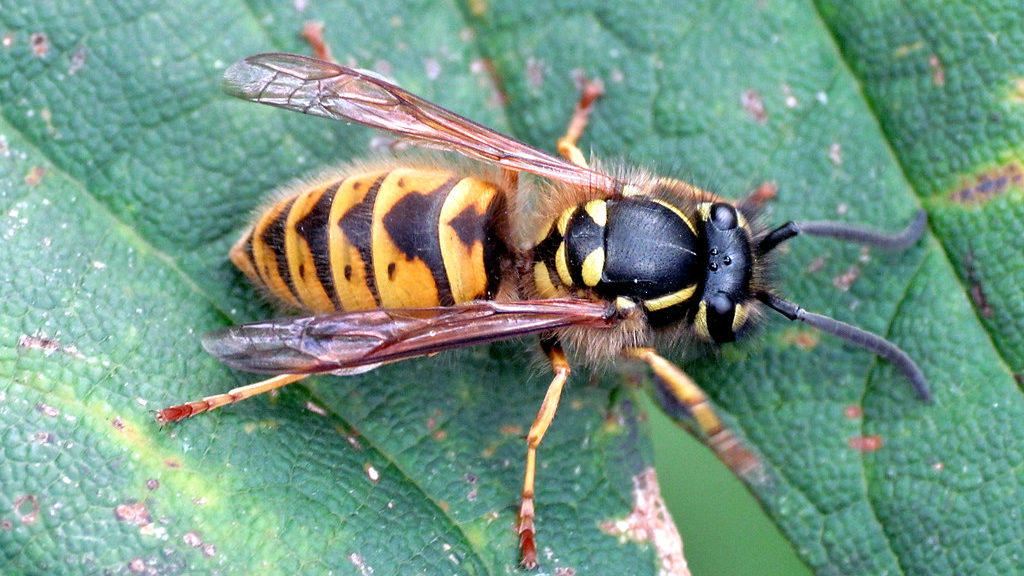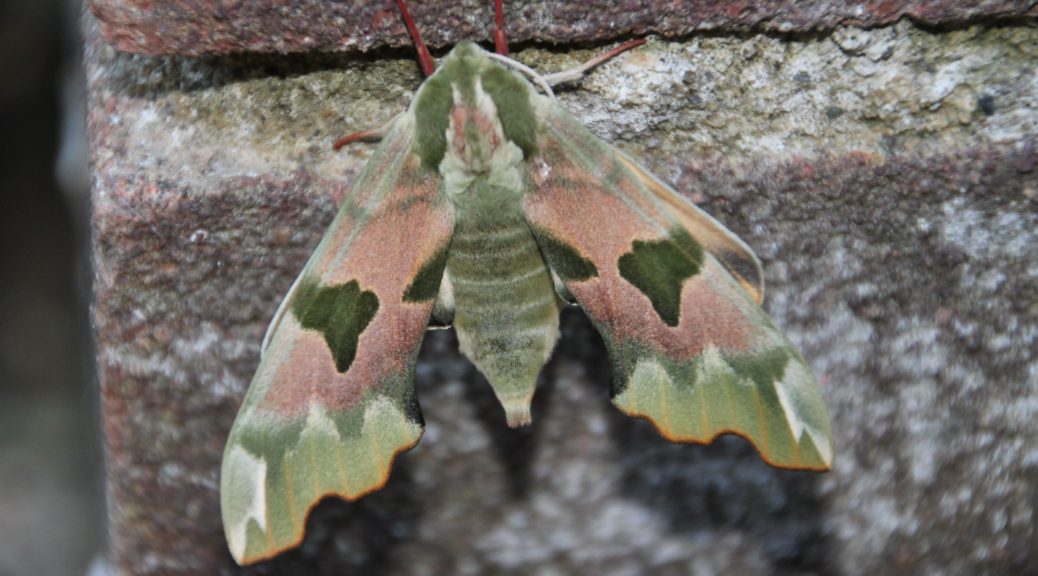The Telegraph reports farmland birds have seen a decline of 55 per cent in the last 50 years, Defra has revealed, as a lack of hedgerows and overuse of pesticides are given the blame.
For some birds, farming has been particularly devastating; corn buntings, grey partridges and tree sparrows, all of which are highly dependent on farmland, have experienced declines of more than 90 per cent since 1970.
Turtle doves have seen their numbers halve in the five year period of 2012 to 2017, with long term declines of 98 per cent.
Defra has been monitoring 19 species of farmland birds, and has found that over the shorter term the fall has been less drastic – bird numbers overall fell by 6 per cent between 2012-17.

